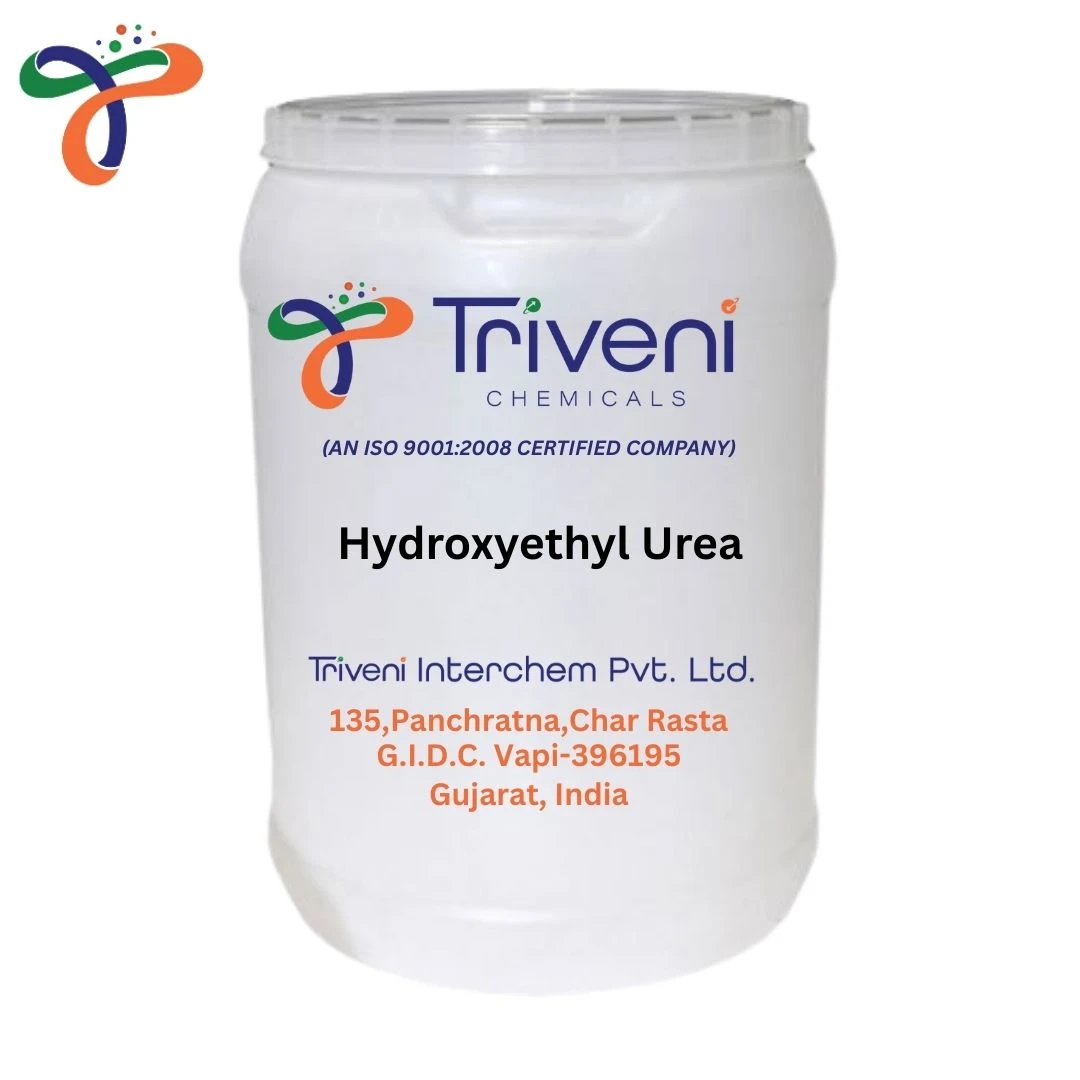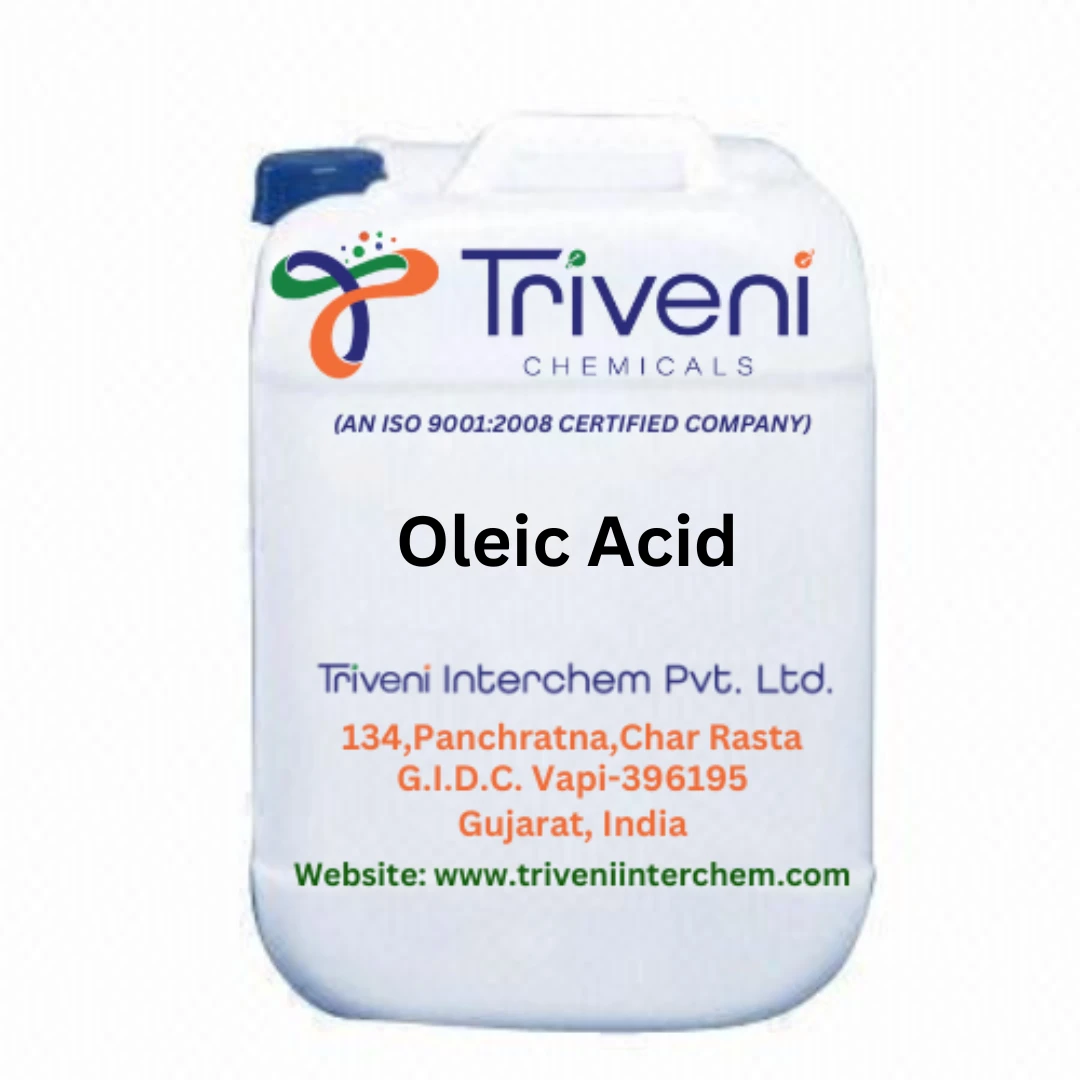Because they stop water loss and encourage moisture retention, moisturizing agents are essential for preserving the health and hydration of the skin. These ingredients are necessary for the replenishment and maintenance of the skin's natural moisture barrier. They can be found in a wide range of skincare products, from lotions..
Because they stop water loss and encourage moisture retention, moisturizing agents are essential for preserving the health and hydration of the skin. These ingredients are necessary for the replenishment and maintenance of the skin's natural moisture barrier. They can be found in a wide range of skincare products, from lotions and creams to serums and masks.Hydrating the skin is moisturizing agents' main purpose. They accomplish this by drawing water molecules to the stratum corneum, the skin's outermost layer, and by creating a barrier that prevents water loss through evaporation. Humectants, emollients, and occlusives are common substances used in moisturizing products; each one provides a distinct way of hydrating the skin. Hydrophilic compounds called humectants, which include sorbitol, glycerin, and hyaluronic acid, pull moisture from the skin's deeper layers or the surrounding environment into the epidermis. They contribute to the stratum corneum's increased water content, which makes the skin appear more moisturized and plump.Plant oils, ceramides, and fatty acids are examples of emollients that function by improving the texture, smoothing the skin's surface, and filling in the spaces between skin cells. In order to preserve moisture balance and avoid dryness, they also aid in the restoration of the skin's natural lipid barrier. Mineral oil, beeswax, and petrolatum are examples of occlusives that form a physical barrier on the skin's surface to trap moisture and stop water loss. They are especially useful for people with extremely dry or sensitive skin, since they offer sustained hydration and defense against environmental aggressors.Modern skincare formulas frequently incorporate several moisturizing ingredients to enhance their efficacy, in addition to these categories. For instance, a moisturizer may include shea butter, an emollient, to smooth and soften rough areas on the skin, as well as hyaluronic acid, a humectant that draws moisture to the skin. Depending on the particular skin type and problems, the best moisturizing agent should be chosen. Lightweight, non-comedogenic formulations containing water-based humectants such as hyaluronic acid may be beneficial for oily or acne-prone skin. However, to give intense hydration and healing, heavier creams containing a blend of occlusives and emollients may be necessary for dry or aged skin. Using moisturizing products on a regular basis helps keep skin supple and healthy while avoiding typical problems like flakiness, dryness, and premature aging. In addition to improving the skin's appearance, adequate hydration promotes the skin's natural defenses against microbiological infections and environmental contaminants. In conclusion, because of their capacity to hydrate, nourish, and protect the skin, moisturizing agents are an essential part of skincare regimens. By being aware of the functions of occlusives, humectants, and emollients, consumers can choose products that are tailored to their individual requirements and enhance the resilience and general health of their skin.



